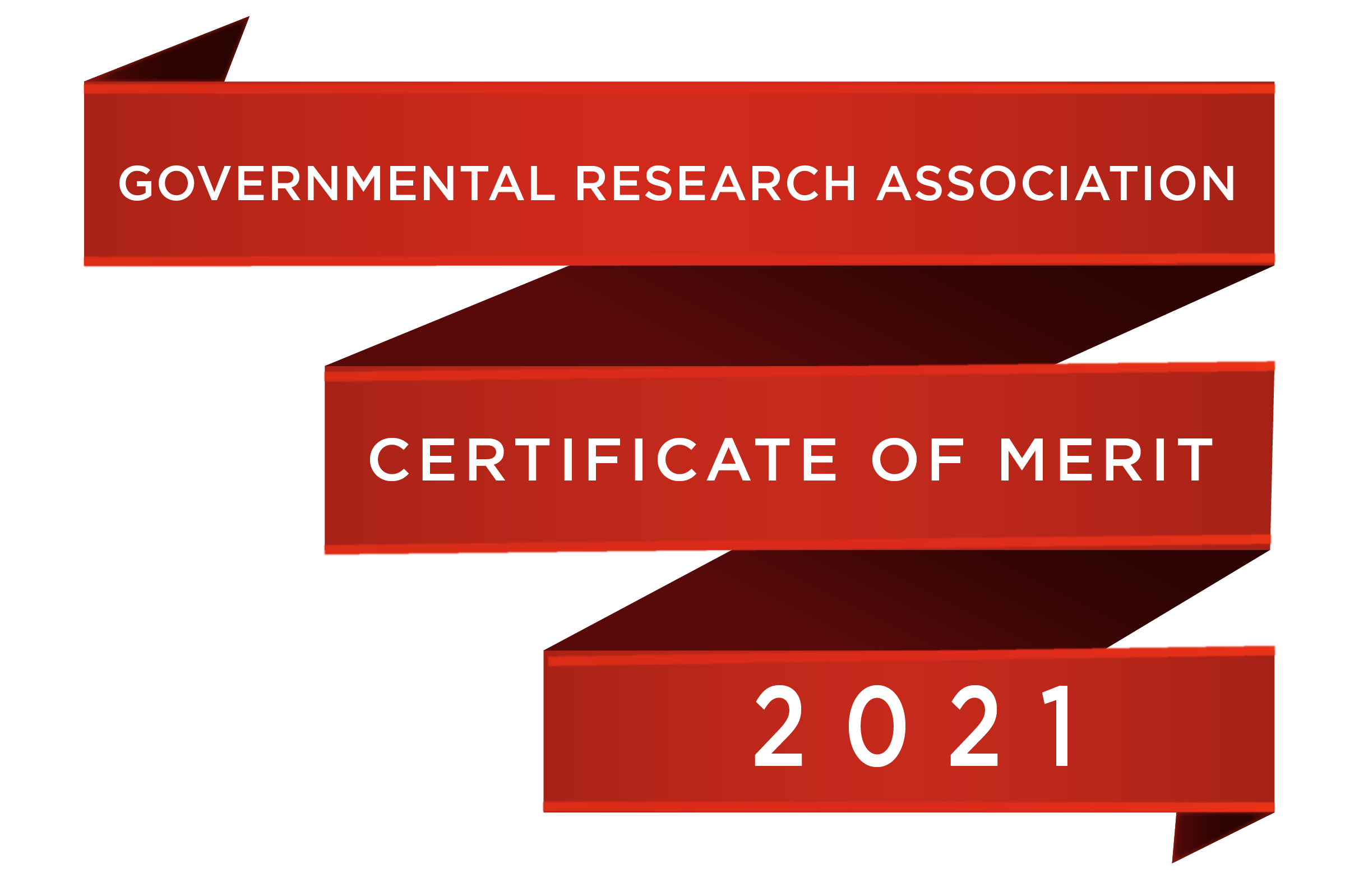It Is Time to Overhaul the State Procurement System
The recent decision by the Agency for Health Care Administration (AHCA) to award a $135 million contract to Deloitte Consulting to build and service a Medicaid data enterprise warehouse has raised more than a few eyebrows in light of the recent collapse of the state’s reemployment assistance claims system (CONNECT), which was also built and serviced by Deloitte.
The Governor has acted responsibly by directing his Inspector General to “get to the bottom” of the problems with the CONNECT contract and this will sort itself out over time. Regardless of the outcome of this specific investigation, the current situation shows too clearly the state’s inability to implement and manage large-scale technology projects, and makes clear the failure of a procurement system that permits a company to be considered for work while it is under investigation for failure to perform under a different contract.
Florida’s history of poorly executed large technology-related projects is well documented and should give taxpayers cause for concern. In a 2008 report to the Governor, the state-appointed Council on Efficient Government looked critically at several large, complex, multi-year projects initiated by state agencies to upgrade and modernize the state’s operational software and information technology infrastructure.
ACHA is in an ideal position to learn from mistakes made by other state agencies during the planning and implementation of similar large, complex, information technology projects. Common, recurring problems plagued the implementation of past projects, including:
- poor planning—state planners failed to consider the complexity of the new system and the customization required to make it work when they developed the project timeframe;
- poor oversight and management—PeopleFirst, for example, went live in 2003 and a dedicated team to manage the project and contract was not created until 2005; and
- poor contracting—original contracts failed to include provisions to protect the state’s interests and minimize the risks.
To that end, Florida TaxWatch offers the following policy recommendations to ensure that AHCA builds the appropriate safeguards for taxpayers into all new contracts of this type and provides the oversight and monitoring necessary to make sure these projects are delivered “on-time and on-budget” and function as they should:
- The ACHA Secretary should be designated and serve as the Executive Sponsor for the project. As Executive Sponsor, the Secretary should have complete responsibility for the project and the authority to make the right decisions, build support, commit resources, resolve disputes, and enforce the terms and conditions of the contract.
- AHCA should develop a project plan that includes, at a minimum, a well-developed and logical project concept; a well-defined scope of work; well-defined roles and responsibilities of key stakeholders; detailed project workflows and realistic and achievable project schedules; well-defined resource needs and allocations; well-defined training needs and a process for training stakeholders and end users; a well-defined and detailed process for communicating and managing change with stakeholders and end users; and a clear and detailed structure to be used to govern the project.
- The project scope of work should be divided into discrete increments which will permit the final product to be delivered, tested, and accepted incrementally to increase the likelihood of success.
- The ACHA Secretary should identify the key stakeholders, solicit their input during the planning phase of the project, and secure their commitment to make the project a success.
- AHCA should establish a project management team that is responsible for the day-to-day management and maintenance of the project. A competent and skilled project manager should be appointed who has received the Project Management Professional (PMP), Florida Certified Contract Manager (FCCM), Florida Certified Contract Negotiation (FCCN), or comparable professional certifications. Skilled and experienced contract negotiators with (at a minimum) Florida Certified Contract Negotiation (FCCN), or comparable professional certifications, should be assigned to negotiate the state’s agreement.
- The new contract should address what happens at the end of the agreement. The state’s expectations with respect to its ownership of the intellectual property or its rights to use or modify the intellectual property under any license from the vendor should be expressly clear and understood.
- Because this is a multi-year project with funding that spans a number of state budget cycles, AHCA should develop and maintain a multi-year financial model to cover the entire project life cycle.
- AHCA should anticipate the need to manage this change and train and educate stakeholders and end users on the value of the product and the new operating procedures.
- AHCA should establish a governance model/structure that assigns accountability at each level of the project and provides a framework to guide decision-making, problem solving, and conflict resolution.
It is hard to believe that the state’s procurement process would allow an agency to consider awarding a $135 million dollar contract to a company that is actively being investigated by the Governor’s Inspector General for its failure to perform on a different state contract. At the very least, a vendor's past negative performance should be considered as part of the process, and vendors should be required to explain any past performance issues to the agency's satisfaction before a contract is negotiated.
Florida simply cannot afford to repeat past mistakes when negotiating this, or any similar contract in the future.
Florida taxpayers must hold state government accountable for making smart business decisions and conducting the high-level planning and project management necessary to ensure success and minimize the risk to the state. Florida TaxWatch joins with Associated Industries of Florida in calling for a complete overhaul of the state’s procurement system, with a new focus on transparency, open competition, and a commitment to always focus on the best outcomes for Florida’s taxpayers.
